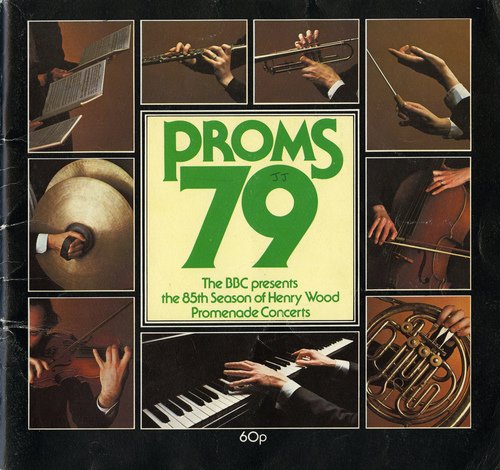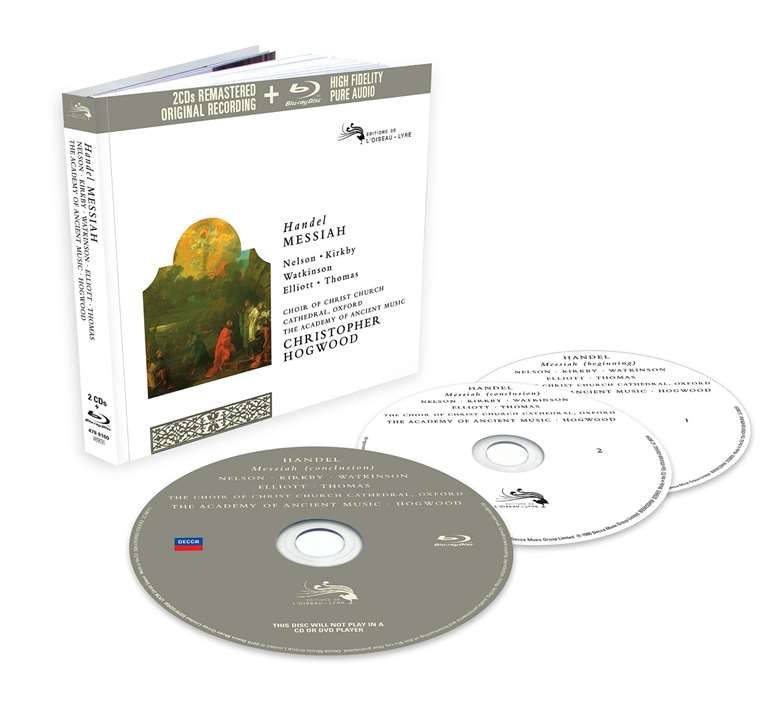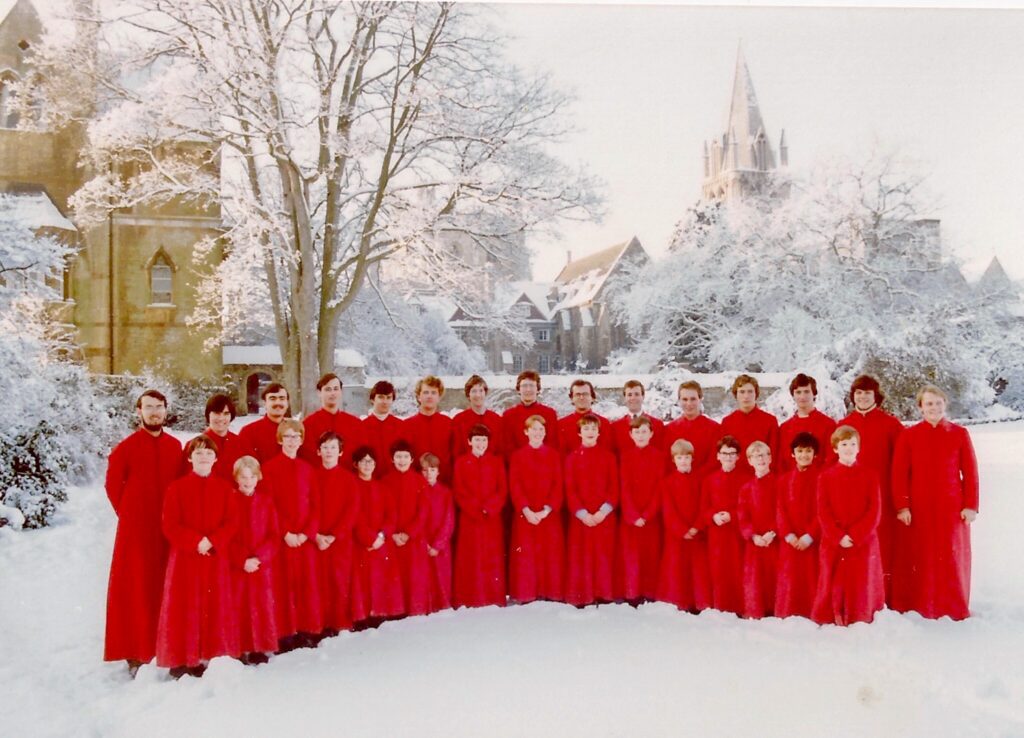When I was just a 10-year-old boy, I found myself plunged into the extraordinary world of Handel’s Messiah, guided by no less than the musical genius, Christopher Hogwood, and the renowned Academy of Ancient Music. I was honored to perform as one of the trebles in the majestic Christ Church Cathedral Choir, under the watchful direction of Simon Preston.
The Christ Church Choir, Oxford, has existed in some form since at least 1526
The Promenade Concert and the L’Oiseau-Lyre Recording
The unforgettable journey of recording Messiah took us to the historic St. Jude-on-the-Hill in Hampstead in the refreshing spring of 1979. A few months later, in what was the musical highlight of my childhood, we executed a full-scale performance of the oratorio at the uniquely grand Royal Albert Hall, as part of the legendary 85th season of Promenade Concerts to a packed house. Our performance marked the 47th Promenade concert, held on the beautifully autumnal evening of September 9, 1979.
Christopher Hogwood founded the Academy of Ancient Music in 1973

Even now, I recall the buzz of anticipation in the hall, the raucous shout out to Simon Preston “Why have you got such a small organ?” to general laughter, and the beaming Hogwood at the end of the concert who applauded our performance. The concert was broadcast on BBC Radio 3 to a much larger audience, and the review of our concert in the Times—a reserved nod of approval—contrasted, ironically, to what many music enthusiasts would later term as a radical interpretation of this profound composition.

Christopher Hogwood’s Innovative Interpretation
Christopher Hogwood, through meticulous probing, uncovered one of Handel’s earliest versions of the Messiah, performed in a fundraiser concert for London’s Foundling Hospital. The original staging, far from the grandeur of larger choruses seen in later adaptations, featured a modest gathering of men and boys along with soloists and orchestral music.
Handel’s Messiah was first performed in 1742
With an aim to replicate this authentic essence, Hogwood joined hands with Simon Preston and the renowned Choir of Christ Church Cathedral in Oxford. Their collaboration was enhanced by the Academy of Ancient Music that filled in the instrumental components, using period instruments and reproductions. The musical details were kept authentic – even down to the use of gut strings and the disregard for vibrato.
The 1980 recording under the L’Oiseau-Lyre label, now available at Decca, is hailed as a distinguished rendering of Messiah. The recording gained renewed attention in 2015 when critics David Vickers and Lindsay Kemp revisited it in Gramophone to coincide with a special limited-edition re-issue by Decca.
Kemp concludes:
This recording is not only one of the shining lights of ‘historically informed performance’, forcing us to rethink what we thought we knew and strewing new ideas in our path; it is also remains one of the most deeply convincing Messiahs we have.
Lindsay Kemp, Gramophone, April 10, 2015

What was unique about Christopher Hogwood’s interpretation of Handel’s Messiah?
Christopher Hogwood’s interpretation of Handel’s Messiah was indeed a trailblazing feat. This performance was marked by a unique application of historical practices and the use of period instruments to evoke a sound close to what listeners in Handel’s time might have experienced.

It was his quest for authenticity that stood out. Hogwood was an ardent proponent of Historically Informed Performance Practices (HIPP). This performance was one of the defining moments of this movement. During this performance, he reintroduced forgotten instruments and scores, like the harpsichord, which was used to provide a distinctive tonal coloration. This steadfast faith he held in period instruments gave his music a quality of freshness and innovation, cutting through the veil of years with razor-sharp precision.
Moreover, it was not just about the instruments, but also the way they were played. Hogwood was known to be particular about performance methods and techniques. For every piece he conducted, he undertook extensive research into performance conditions that existed at the time of the piece’s composition. The result of this meticulous preparation was a performance that rang true to Handel’s original intentions, but which also breathed new life into his works.
Performing at the Prom 47 at the Albert Hall on September 9, 1979, was a standout moment for me. The grandeur of Albert Hall, filled with an audience eager for a new interpretation of Handel’s Messiah, combined with the rich sounds from the period instruments, made that performance an unforgettable experience. I still recall the thrill of standing on stage, realizing that I was part of something truly extraordinary.



